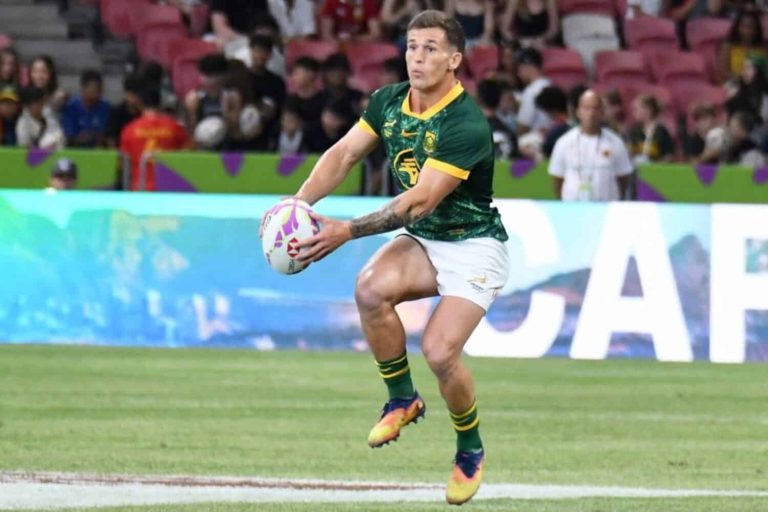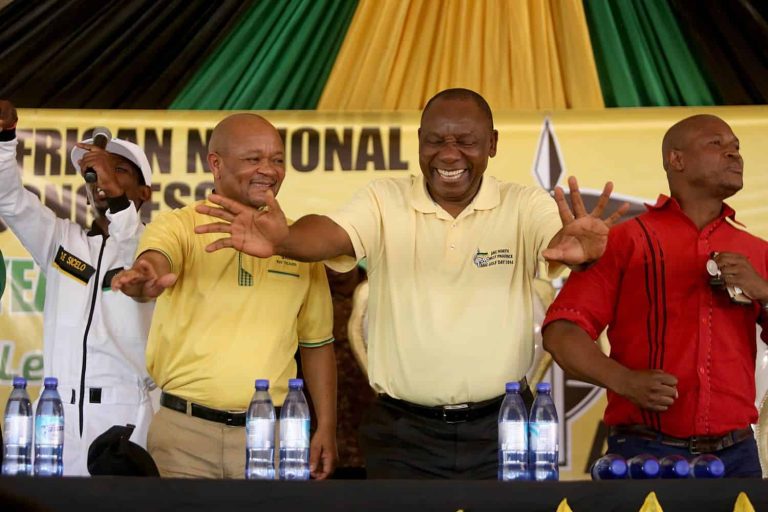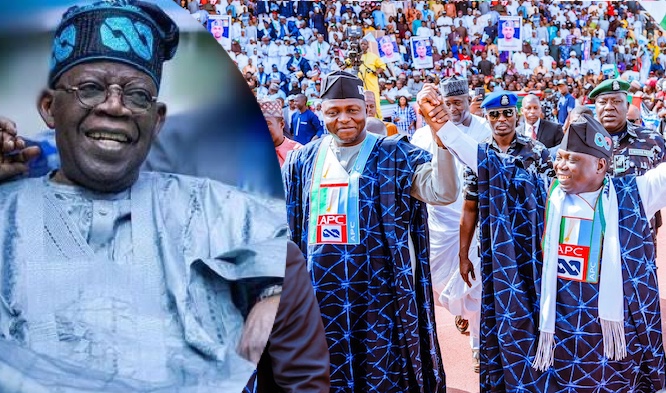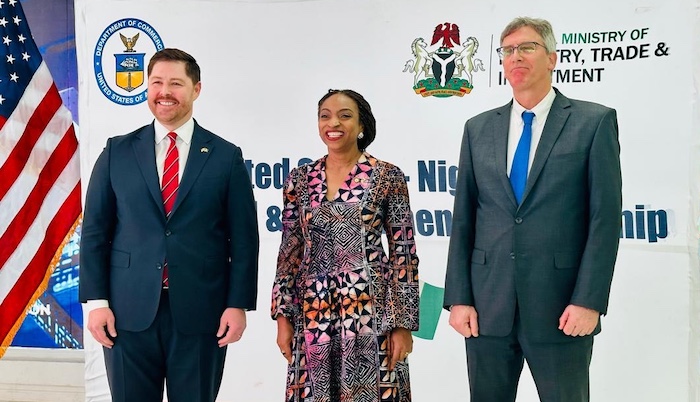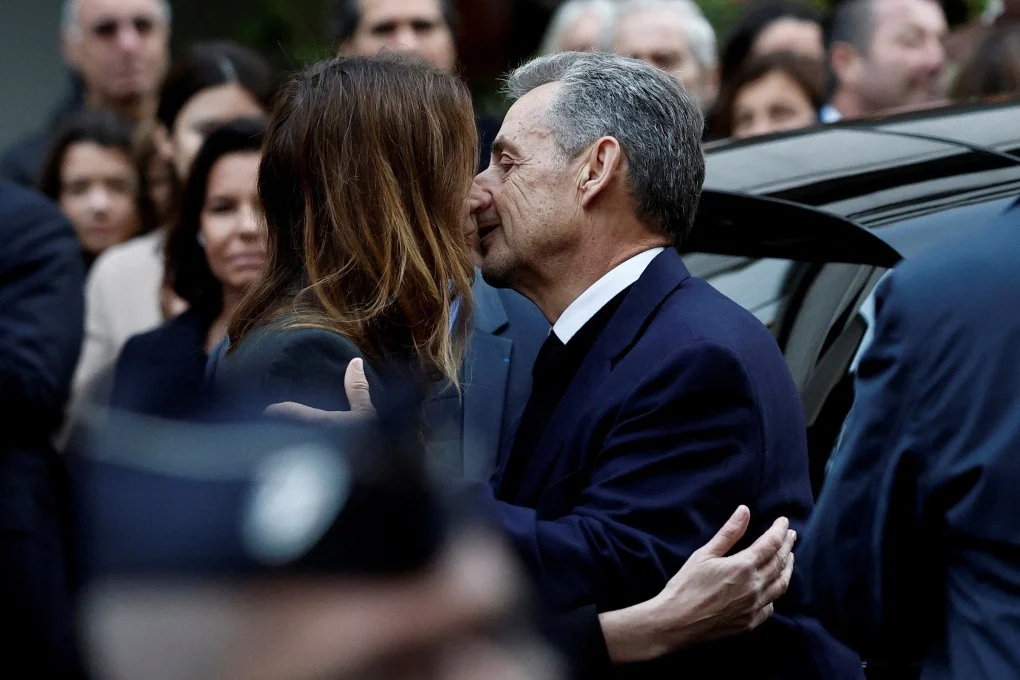
Former French President Nicolas Sarkozy returned home on Monday after a Paris court granted his release pending appeal over his conviction for criminal conspiracy to secure funds from Libya for his 2007 presidential campaign.
Sarkozy, 70, had been imprisoned on October 21, weeks after being found guilty in September. Judges had described the crime as of “extraordinary seriousness,” making his swift incarceration a historic fall for a former French president.
Speaking via video link from La Santé prison, Sarkozy described his time in detention as “tough… really tough — draining, as it must be for any detainee.” He reaffirmed his commitment to the judicial process, saying, “I’m French, sir. I love my country. I’m fighting for the truth to prevail. I will comply with all obligations imposed on me, as I always have.”
The court concluded that Sarkozy did not pose a flight risk and therefore could be freed while awaiting the appeal trial. His release comes with judicial supervision, including a ban on leaving France and restrictions on contacting certain justice ministry officials.
Sarkozy, who led France from 2007 to 2012, has consistently denied wrongdoing, framing himself as a victim of revenge and political hostility. He said he would now focus on preparing his appeal, writing on social media, “Truth will prevail… the end of the story remains to be written.”
Sarkozy has faced multiple legal battles since leaving office. Last year, France’s highest court upheld a corruption and influence-peddling conviction, requiring him to wear an electronic tag for a year — a first for a former French president. He has also been convicted over illegal campaign financing for his failed 2012 reelection bid, with a final ruling expected this month, and remains under investigation for alleged witness tampering.
His youngest son, Louis Sarkozy, celebrated the release online with a childhood photo of himself and his father, captioning it “Vive la liberté” (Long live freedom).
The release marks a temporary reprieve as Sarkozy prepares to challenge the verdicts that have cast a shadow over his post-presidency.
Melissa Enoch
